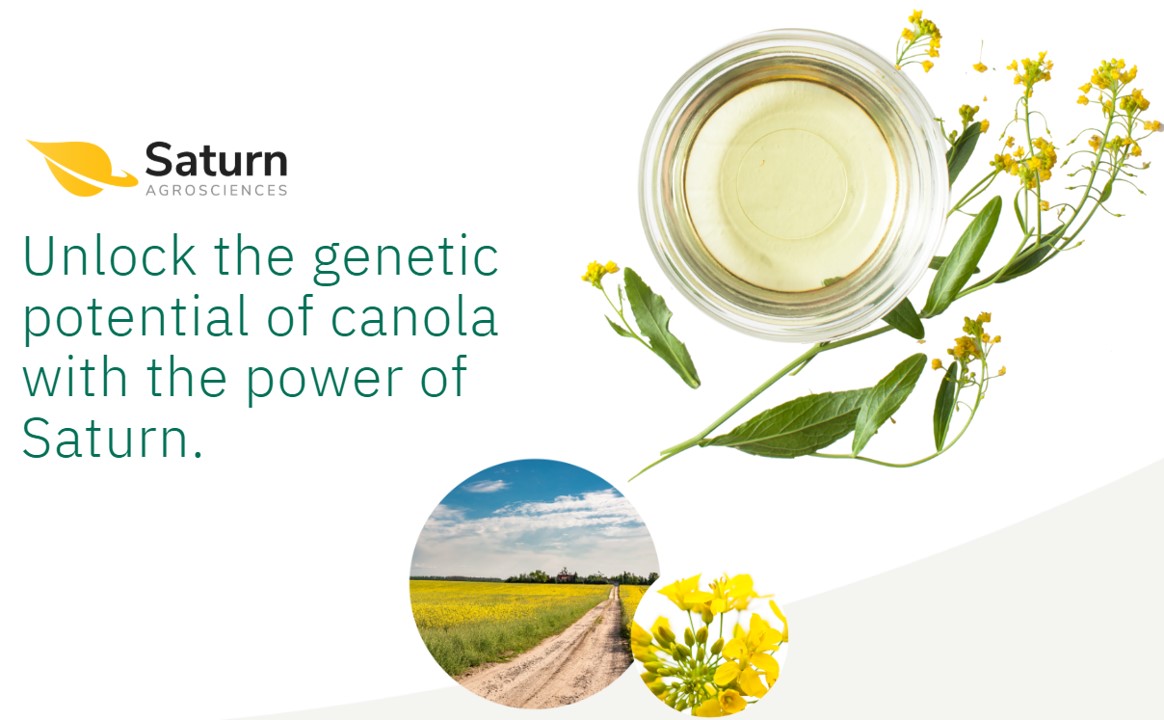 Benson Hill Guest Blogger,
Benson Hill Guest Blogger,
Dr. Chris Rosenbloom, PhD, RD, FAND,
Professor Emerita, Georgia State University and author of Food and Fitness after 50, specializing in promoting healthy living for active people – from athletes to baby boomers.
The best gift you can give your Valentine is taking care of your health, and theirs. February is American Heart Health Month to raise awareness of everyday choices we can make to prevent cardiovascular disease, ranked by the International Food Information Council Foundation as the number one health concern of today’s consumer. With cardiovascular disease claiming 17.5 million lives a year around the world, prevention is of key importance.
Choosing the right fats and oils in cooking is one of the easiest ways to reduce risk, but which is best?
The American Heart Association issued a comprehensive report in 2017 to help clarify the confusion. Bottom line? Lowering the intake of saturated fats and replacing it with vegetable oils rich in unsaturated fats can reduce deaths by about 30%, similar to a reduction seen with prescription statin drugs.
Replacing saturated fat with canola oil (about 1.5 tablespoons a day) fits the bill as a heart-healthy move in many ways:
- Canola oil is rich in monounsaturated and polyunsaturated fat while containing the least saturated fats compared to all other oils. And, canola has an added benefit of also being a source of omega-3 fat, alpha-linolenic acid or ALA.
- The unsaturated fats in canola oil can improve insulin sensitivity and blood glucose control when substituted for saturated fats. Researchers are continuing to explore how canola oil might decrease the risk of type 2 diabetes.
- Monounsaturated-rich canola oil may be beneficial in the prevention and treatment of metabolic syndrome by reducing abdominal fat.
This nutrient package makes a potent health food, backed up by decades of science and a qualified health claim of the U.S. Food and Drug Administration. As consumers seek more healthy food choices, canola oil offers an ideal option for food manufacturers and service providers looking to lower trans-fats in their offerings.

As a lifelong nutrition professional, my mission has been to help inform and equip consumers to make healthy food choices. One of the most exciting movements underway is the innovation to develop more healthy, environmentally sustainable and tasty food products by starting with better crops and ingredients.
Canola is a beautiful yellow plant that has not received a lot of research to date to improve its taste, harvest and sustainability. Benson Hill , an early-stage company backed by GV (Google Ventures) and others, combines the power of data analytics and machine learning to tap the natural genetic diversity within plants and develop better food and ingredients. Their subsidiary Saturn Agrosciences is fully focused on improving canola.
The connection between food and health is fundamental to our well-being. Take heart knowing that from farmers to food manufacturers to consumers we can make better crops, better ingredients, better choices for the health of ourselves and our planet.
– Dr. Chris Rosenbloom, PhD, RD, FAND
